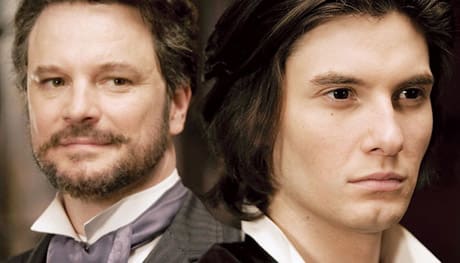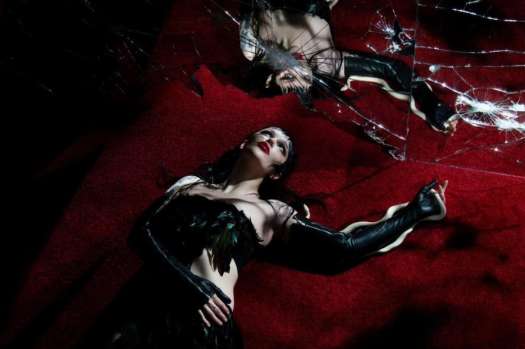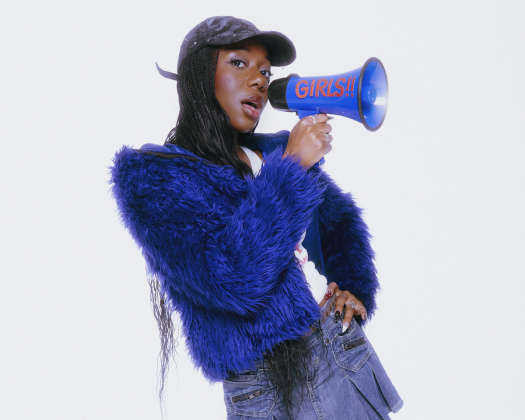Oscar Wilde's The Picture of Dorian Grey has become a modern mythological tale since it was published in 1890. Several efforts to bring Wilde's tale to the silver screen have met with varying degrees of success, with this newest effort making a few horror movie concessions meant to appeal to a young, modern audience.
There will no doubt be some irritated high school English teachers in the next few years receiving book reports that have details wrong enough to warrant a failing grade but for those not trying to scam their way out of reading classic literature, Dorian Gray gets a gentleman's C.
The story follows Dorian Gray (Ben Barnes), a naive young man who inherits his grandfather's considerable estate in London, and he's soon swept up in the excess of high society, specifically the hedonistic manipulations of Lord Henry Wotton (Colin Firth), who introduces Dorian to the many pleasures of the flesh available to a man of newly acquired wealth.
Wotton's excesses are countered by the level-headedness of Basil Hallward (Ben Chaplin), a painter infatuated with Dorian's beauty. When Basil paints an exquisite portrait of his muse, Dorian soon realizes that it's the picture and not he himself that's paying the consequences of his depraved lifestyle, allowing him to abandon himself completely to his vices with no consequences for his actions. Of course, in the end a price must be paid for such a wicked bargain.
Writer Toby Finlay makes a concerted effort to keep much of Wilde's famous wit intact, peppering the script with quotes from the original text, and though this is a worthy effort to adapt a classic novel for a new audience it is presented in such a straightforward style that the film never fully captivates.
Dorian Gray is a little too paint-by-numbers to be anything more than visual Cliff Notes for lazy students.
(Alliance)There will no doubt be some irritated high school English teachers in the next few years receiving book reports that have details wrong enough to warrant a failing grade but for those not trying to scam their way out of reading classic literature, Dorian Gray gets a gentleman's C.
The story follows Dorian Gray (Ben Barnes), a naive young man who inherits his grandfather's considerable estate in London, and he's soon swept up in the excess of high society, specifically the hedonistic manipulations of Lord Henry Wotton (Colin Firth), who introduces Dorian to the many pleasures of the flesh available to a man of newly acquired wealth.
Wotton's excesses are countered by the level-headedness of Basil Hallward (Ben Chaplin), a painter infatuated with Dorian's beauty. When Basil paints an exquisite portrait of his muse, Dorian soon realizes that it's the picture and not he himself that's paying the consequences of his depraved lifestyle, allowing him to abandon himself completely to his vices with no consequences for his actions. Of course, in the end a price must be paid for such a wicked bargain.
Writer Toby Finlay makes a concerted effort to keep much of Wilde's famous wit intact, peppering the script with quotes from the original text, and though this is a worthy effort to adapt a classic novel for a new audience it is presented in such a straightforward style that the film never fully captivates.
Dorian Gray is a little too paint-by-numbers to be anything more than visual Cliff Notes for lazy students.




